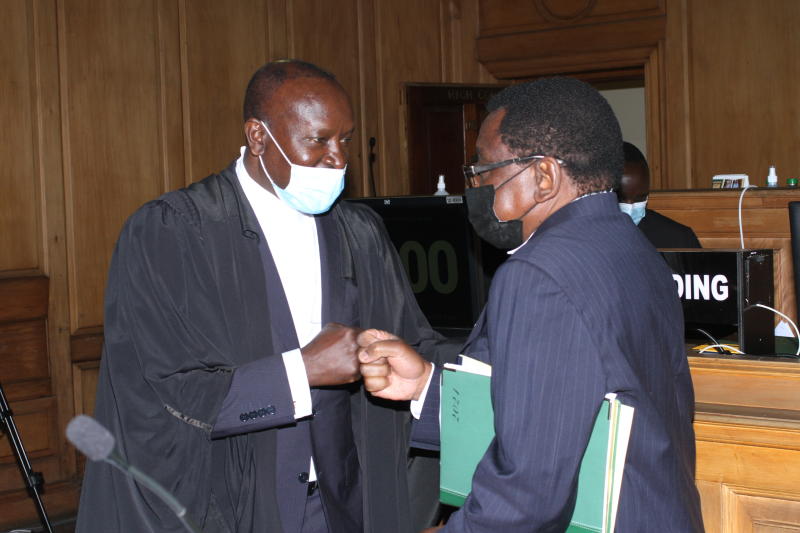×
The Standard e-Paper
Fearless, Trusted News

President Uhuru Kenyatta has faulted the High Court decision that scuttled the Building Bridges Initiative in his latest submission filed at the Court of Appeal.
The president was joined in his onslaught of the decision by ODM leader Raila Odinga, BBI Secretariat, Attorney General and the electoral commission, who all claimed that the five High Court judges got it wrong by attempting to overturn the people’s will to amend the constitution.